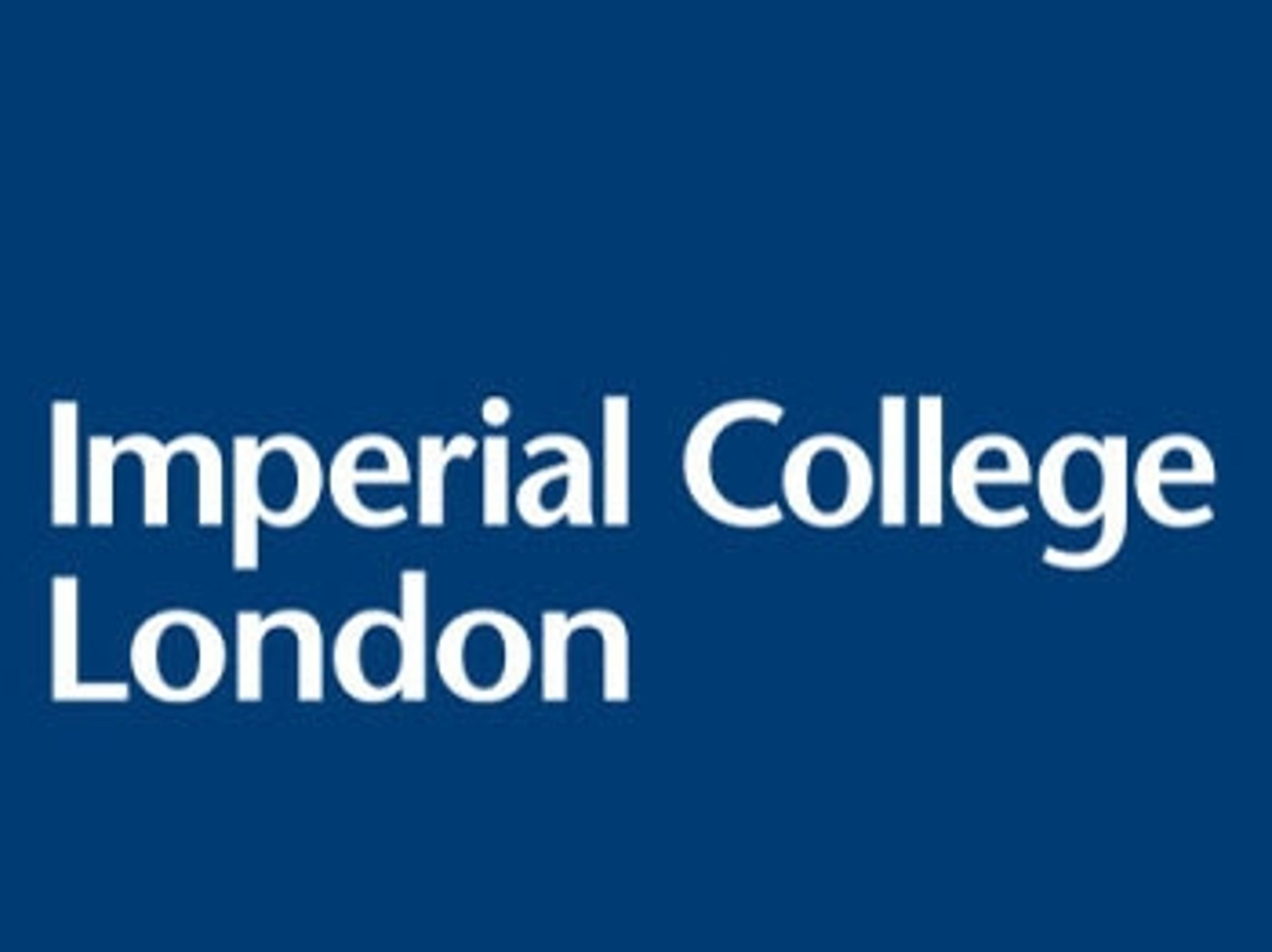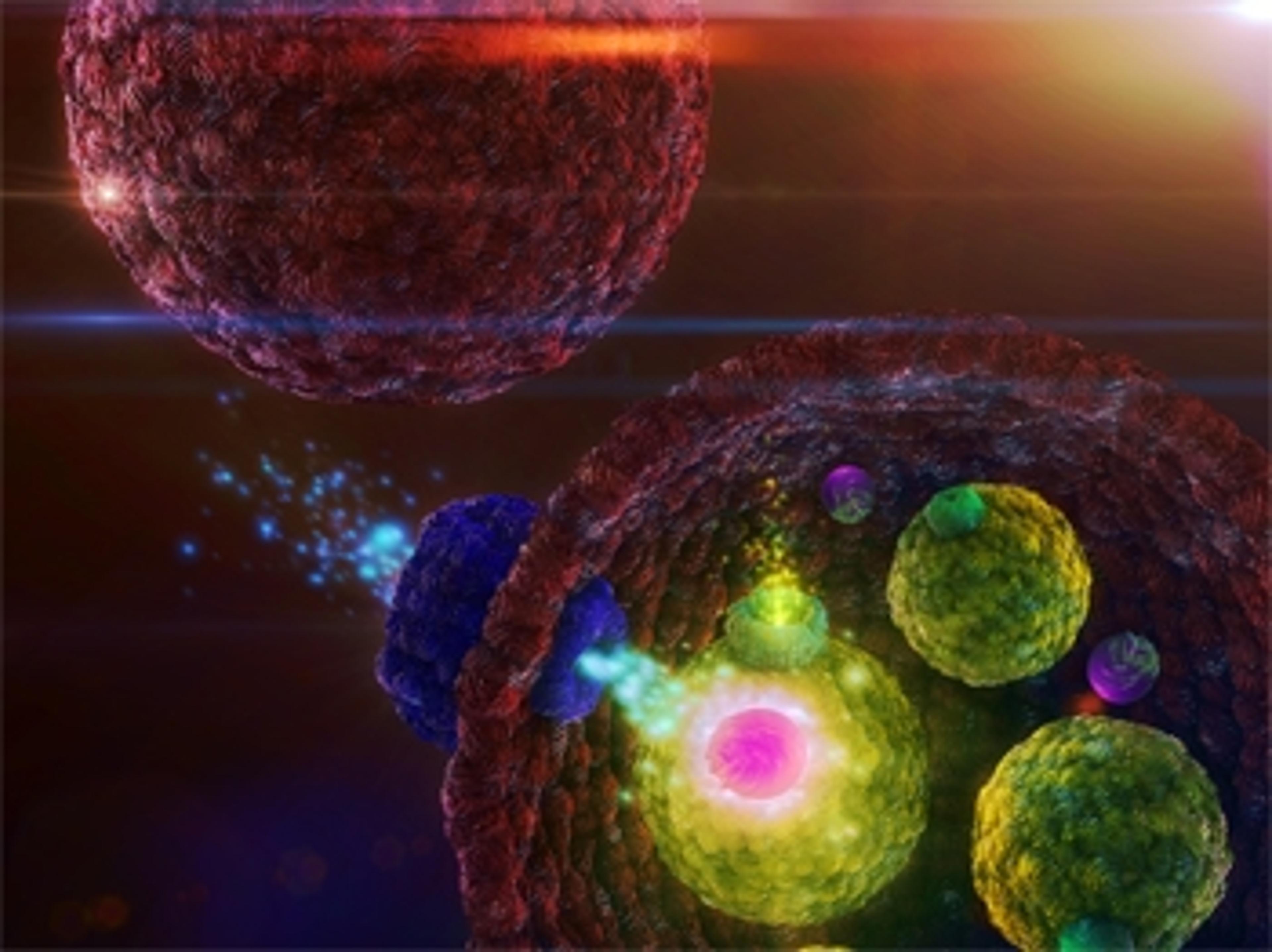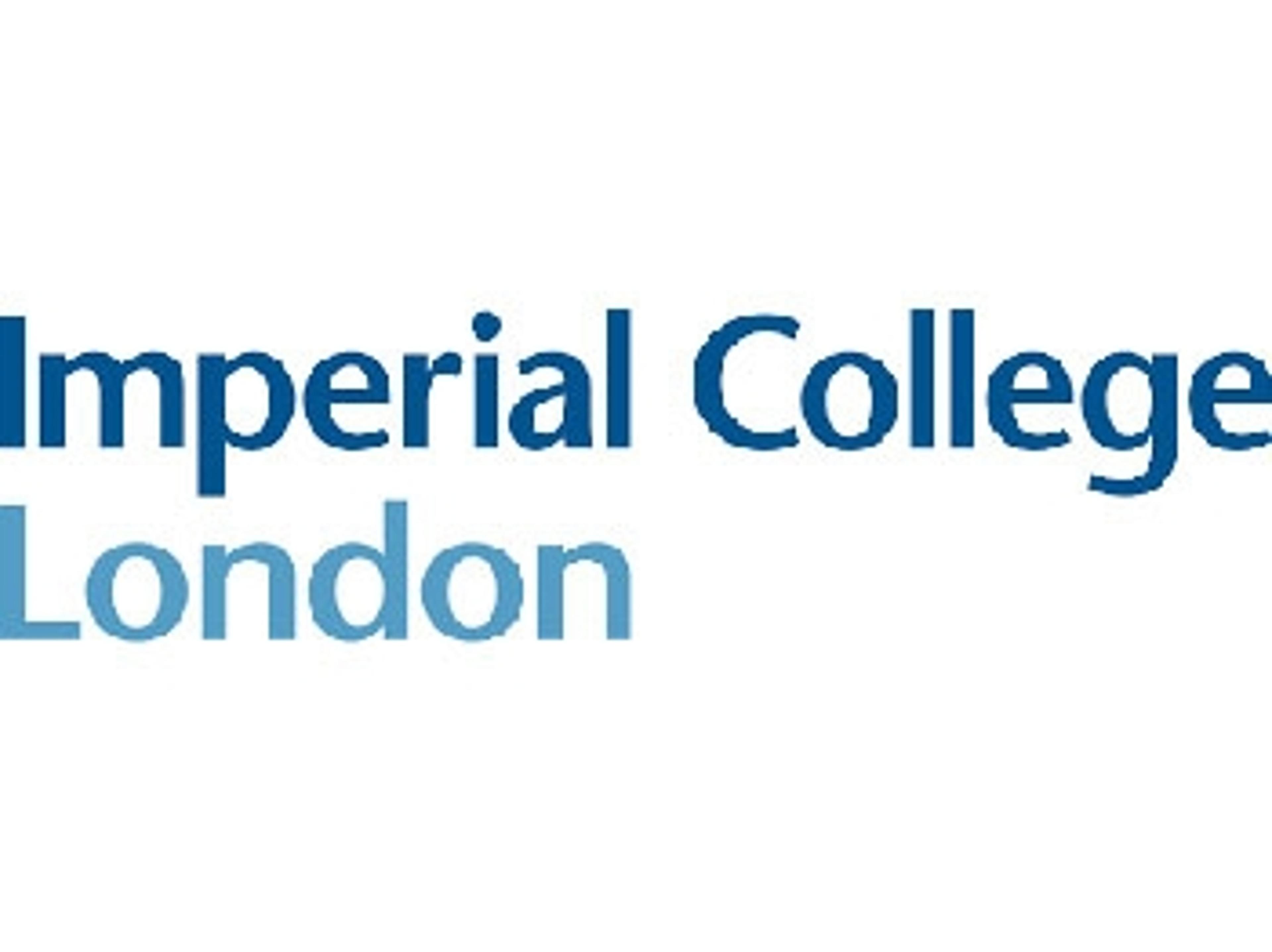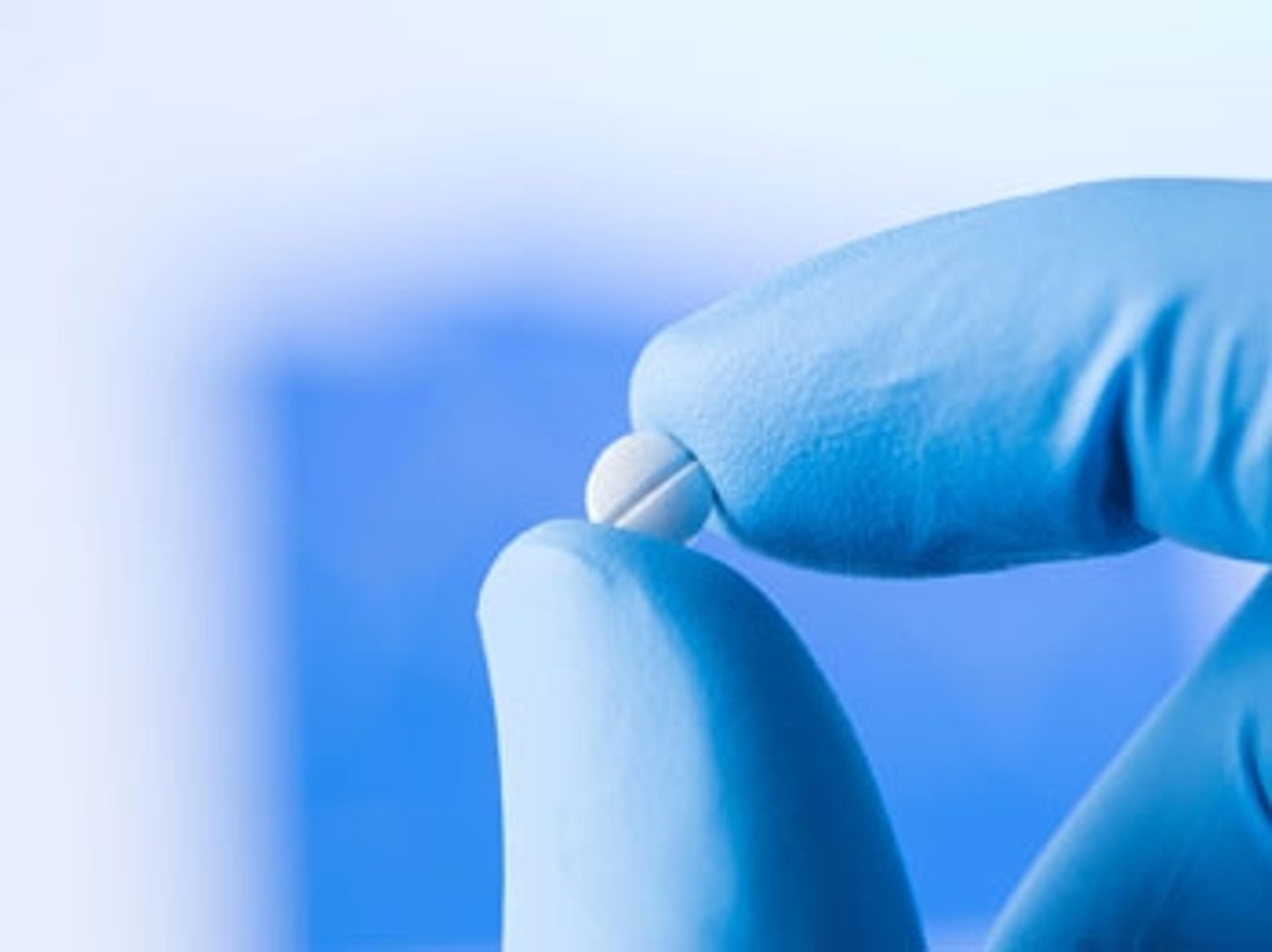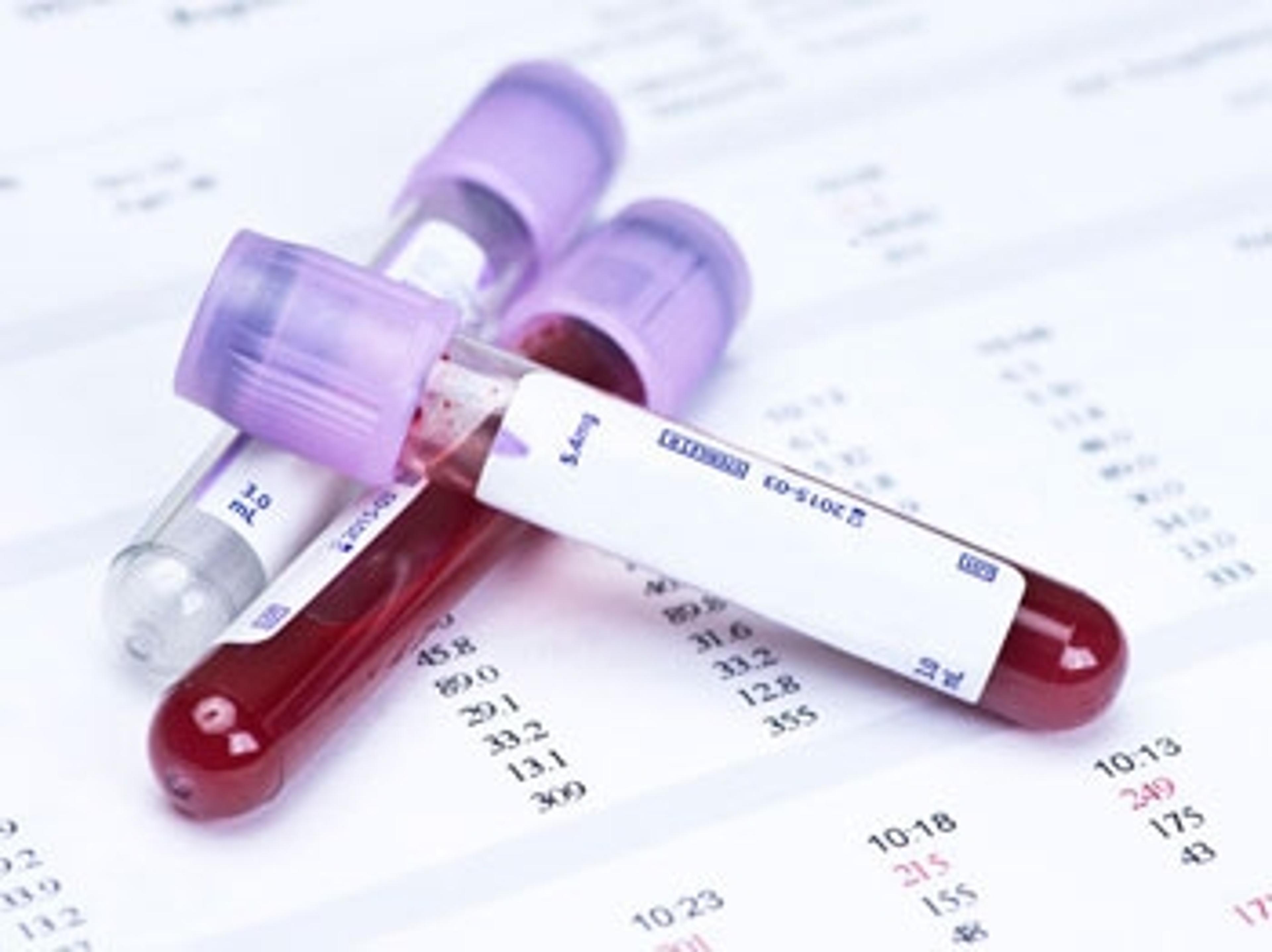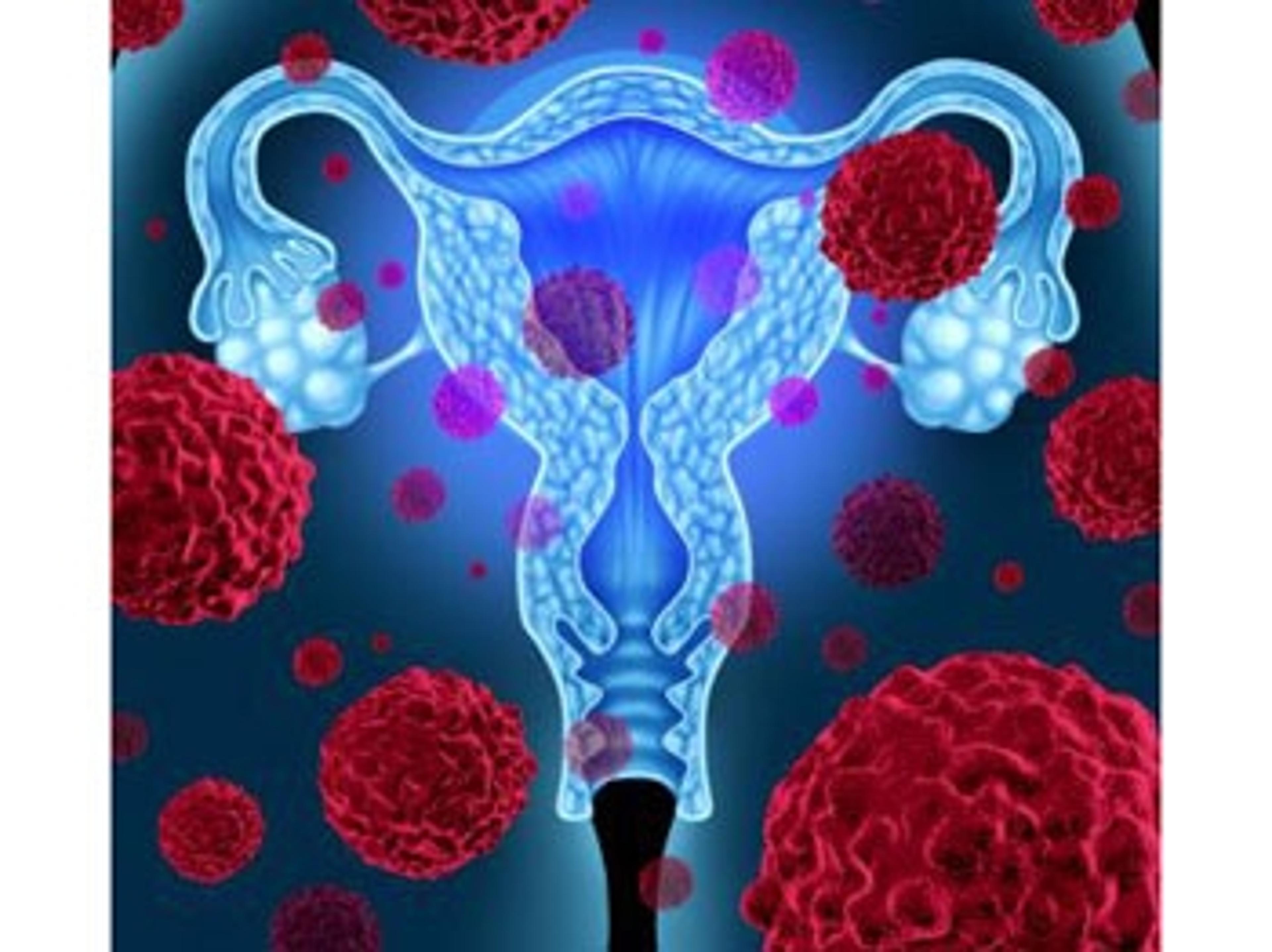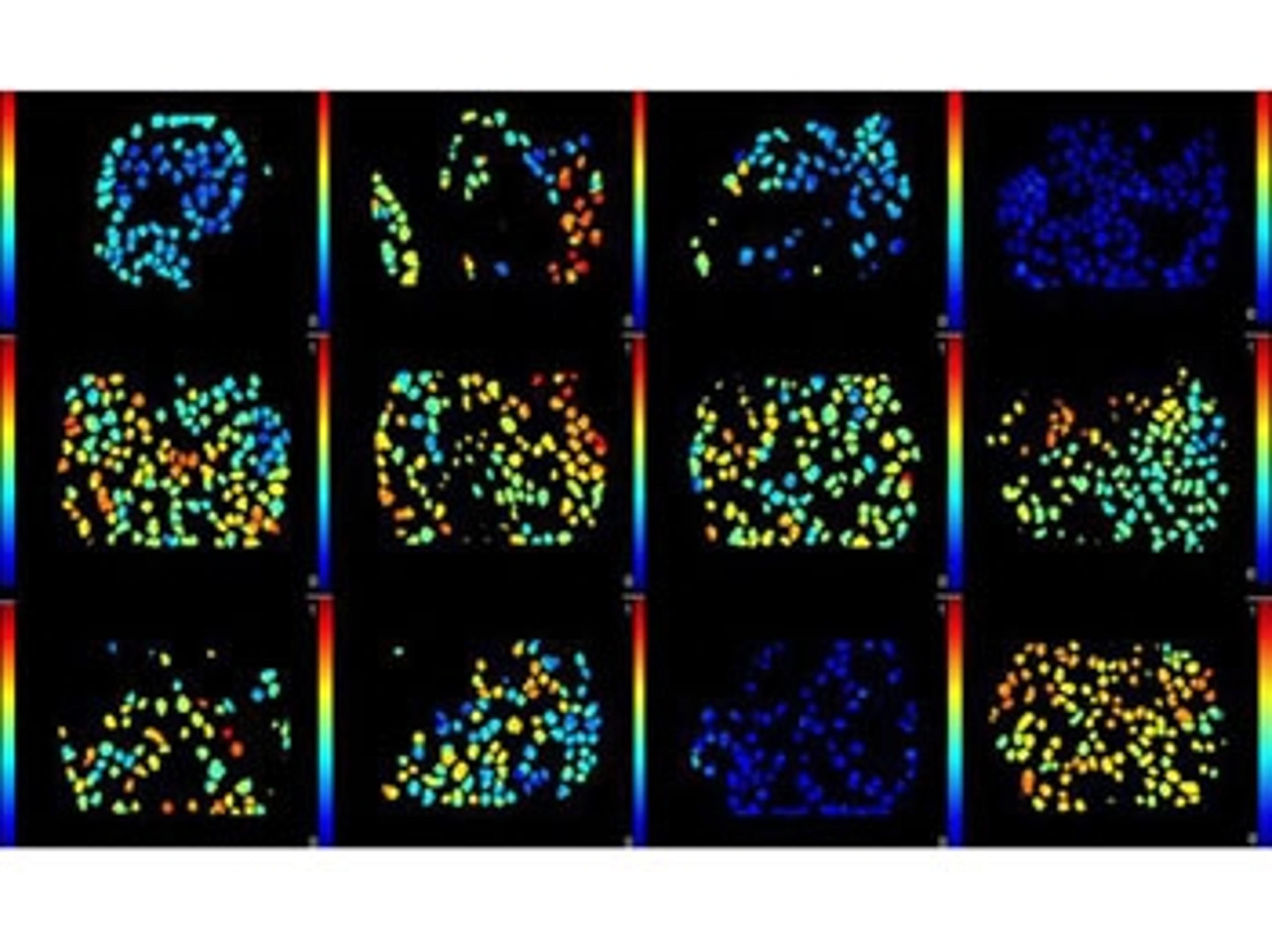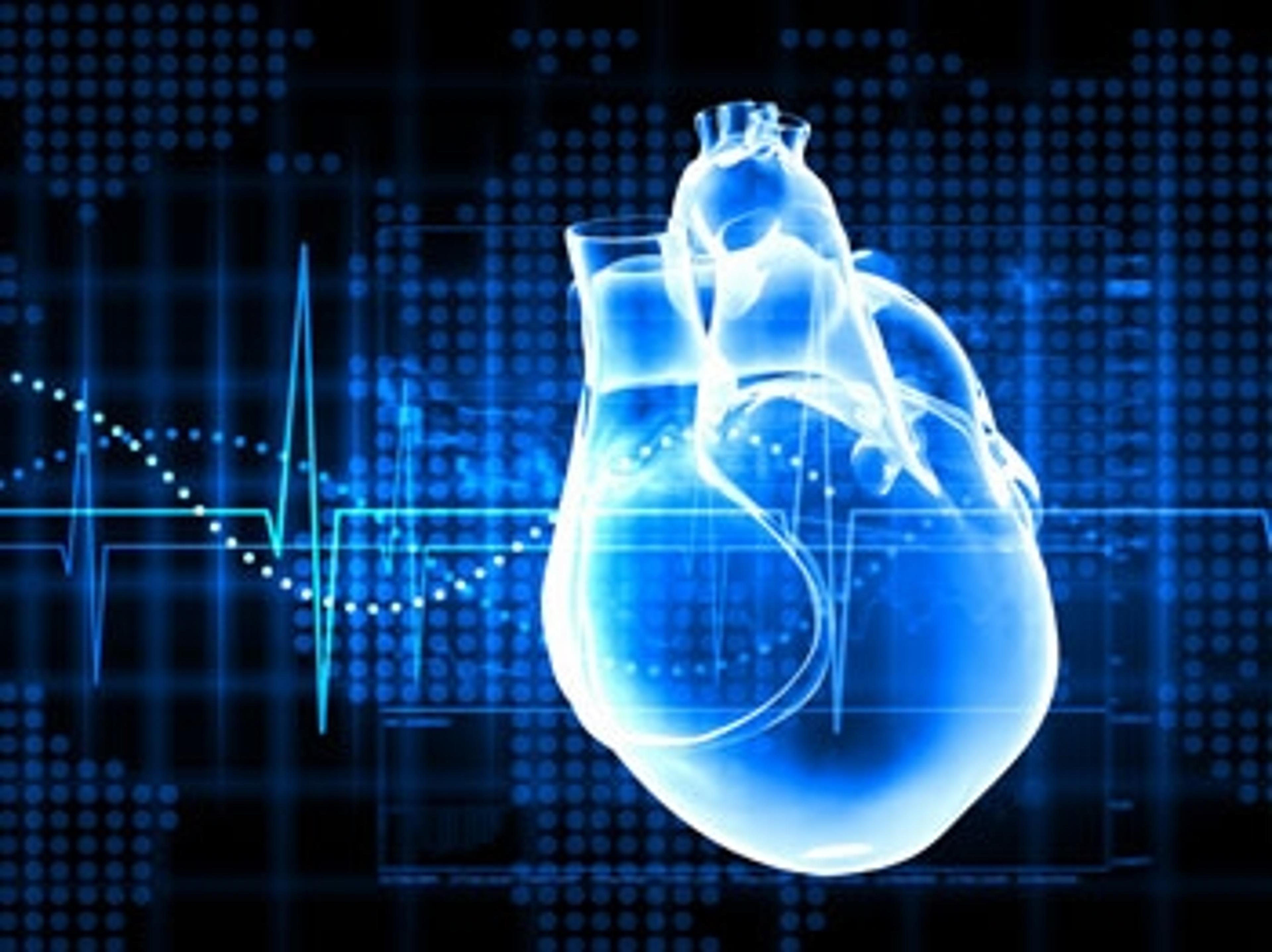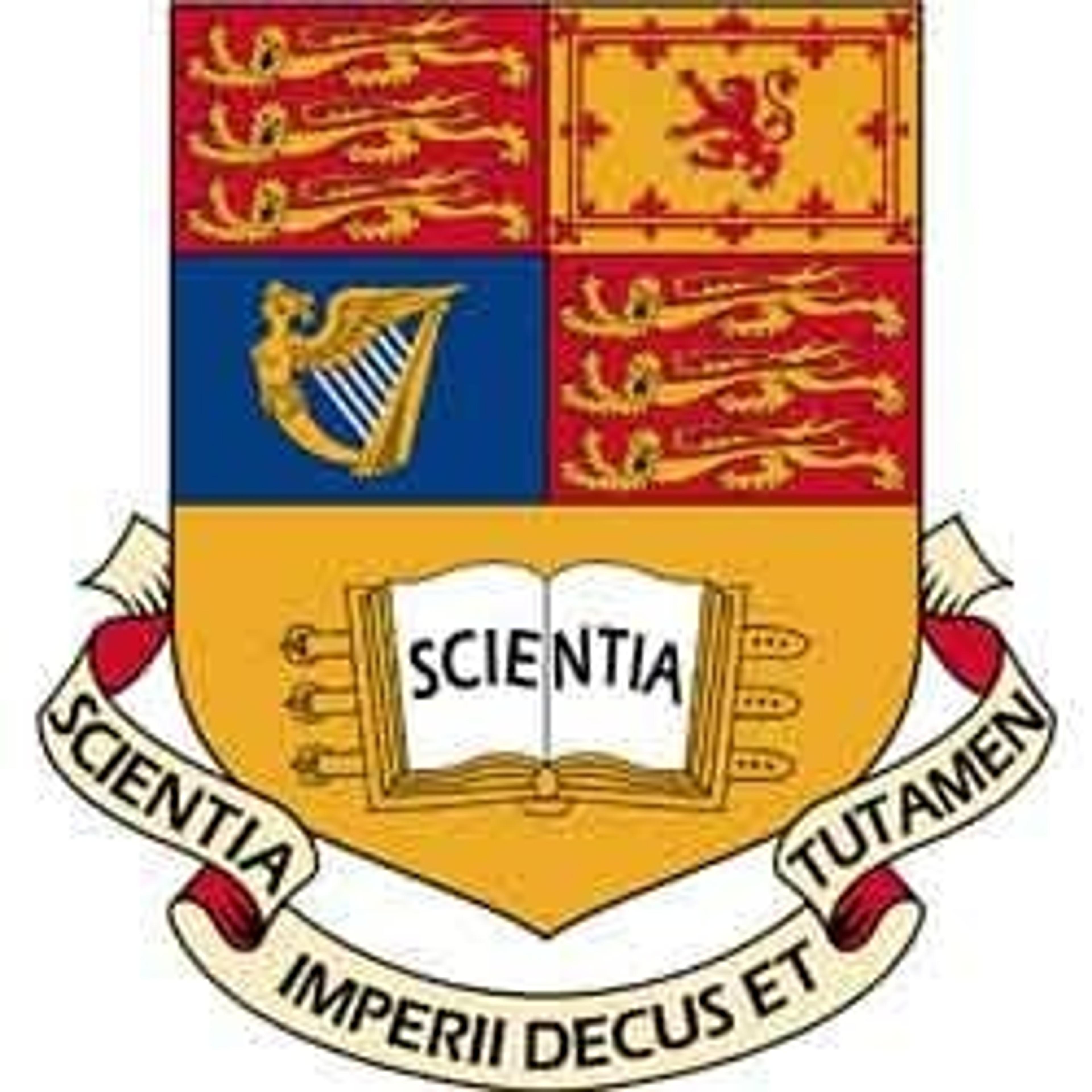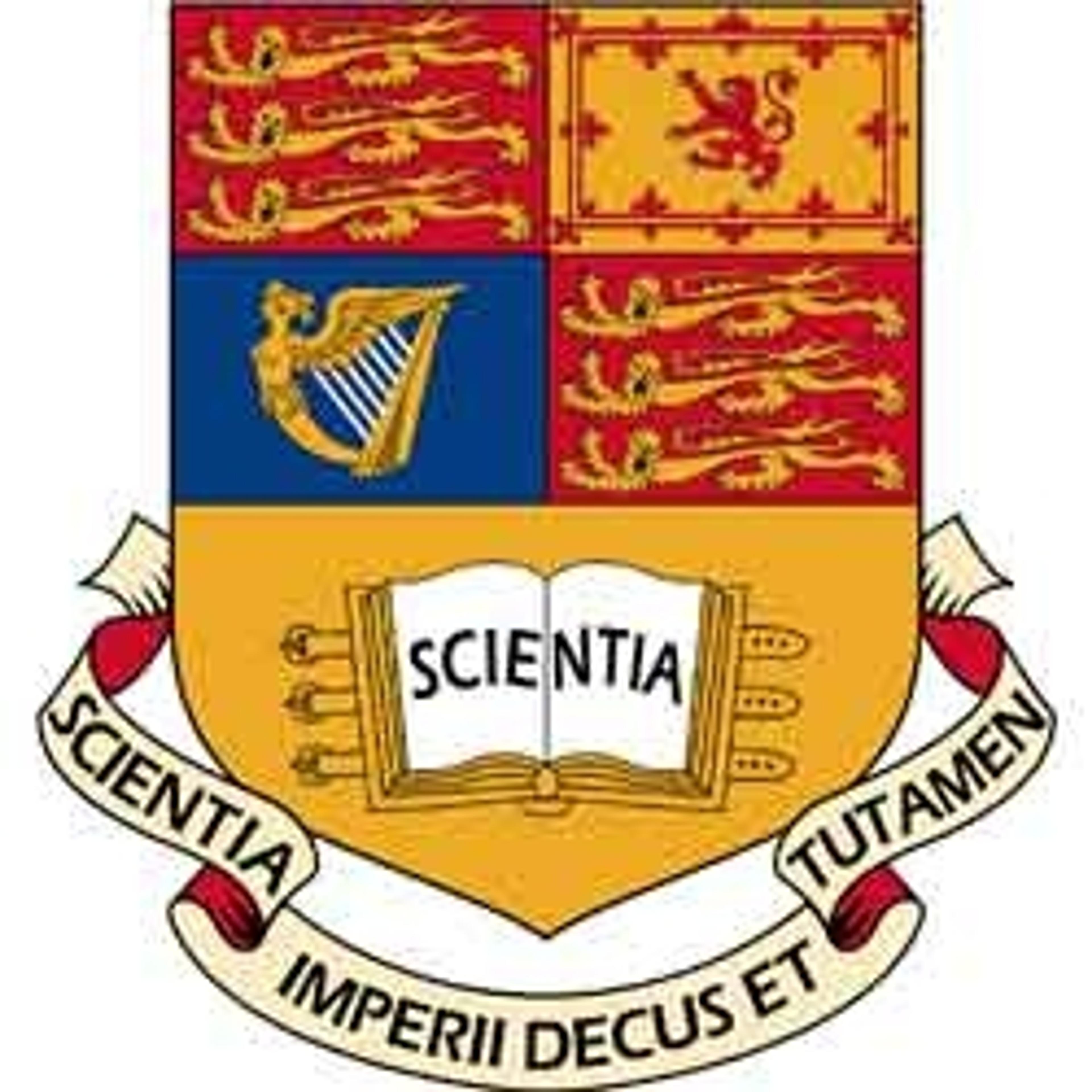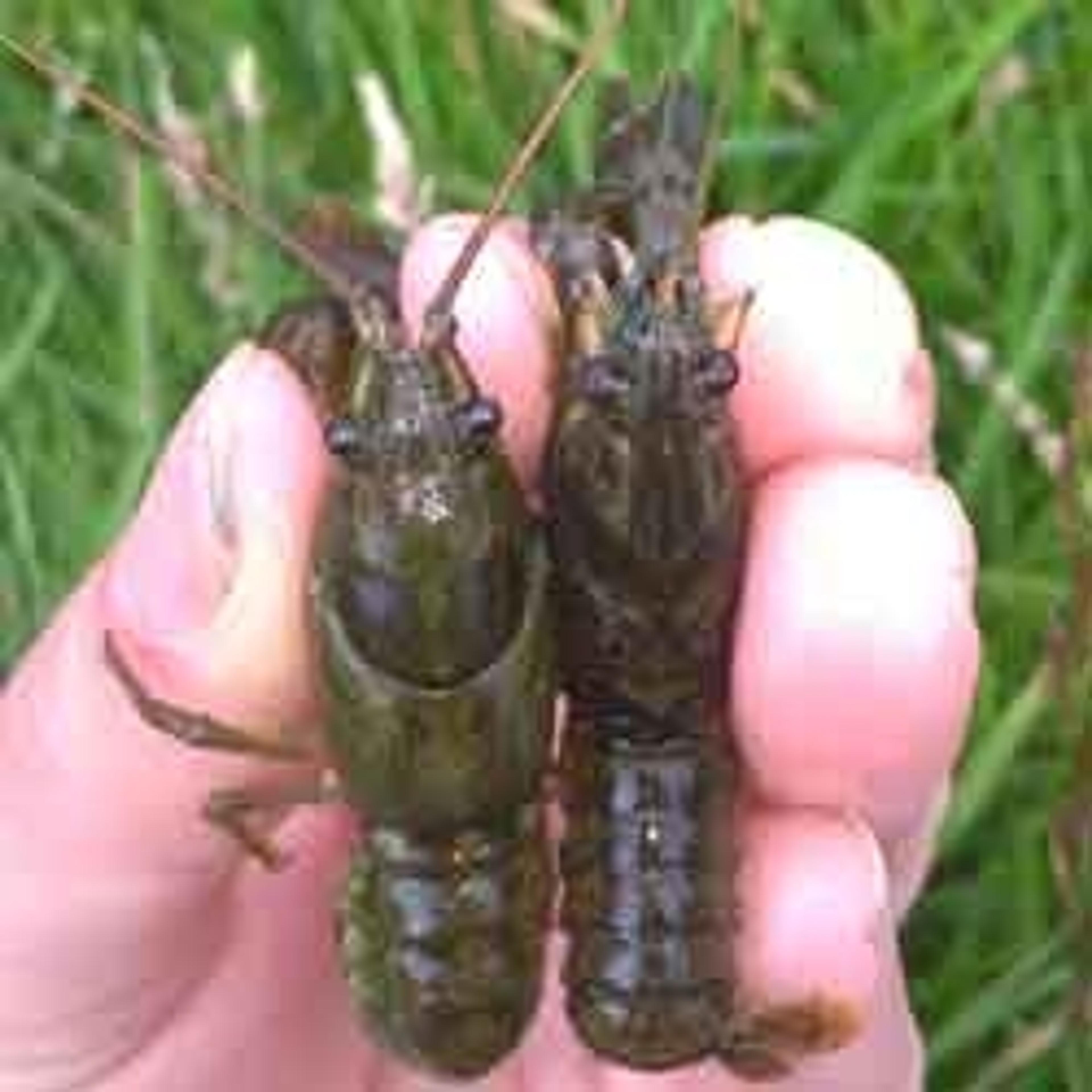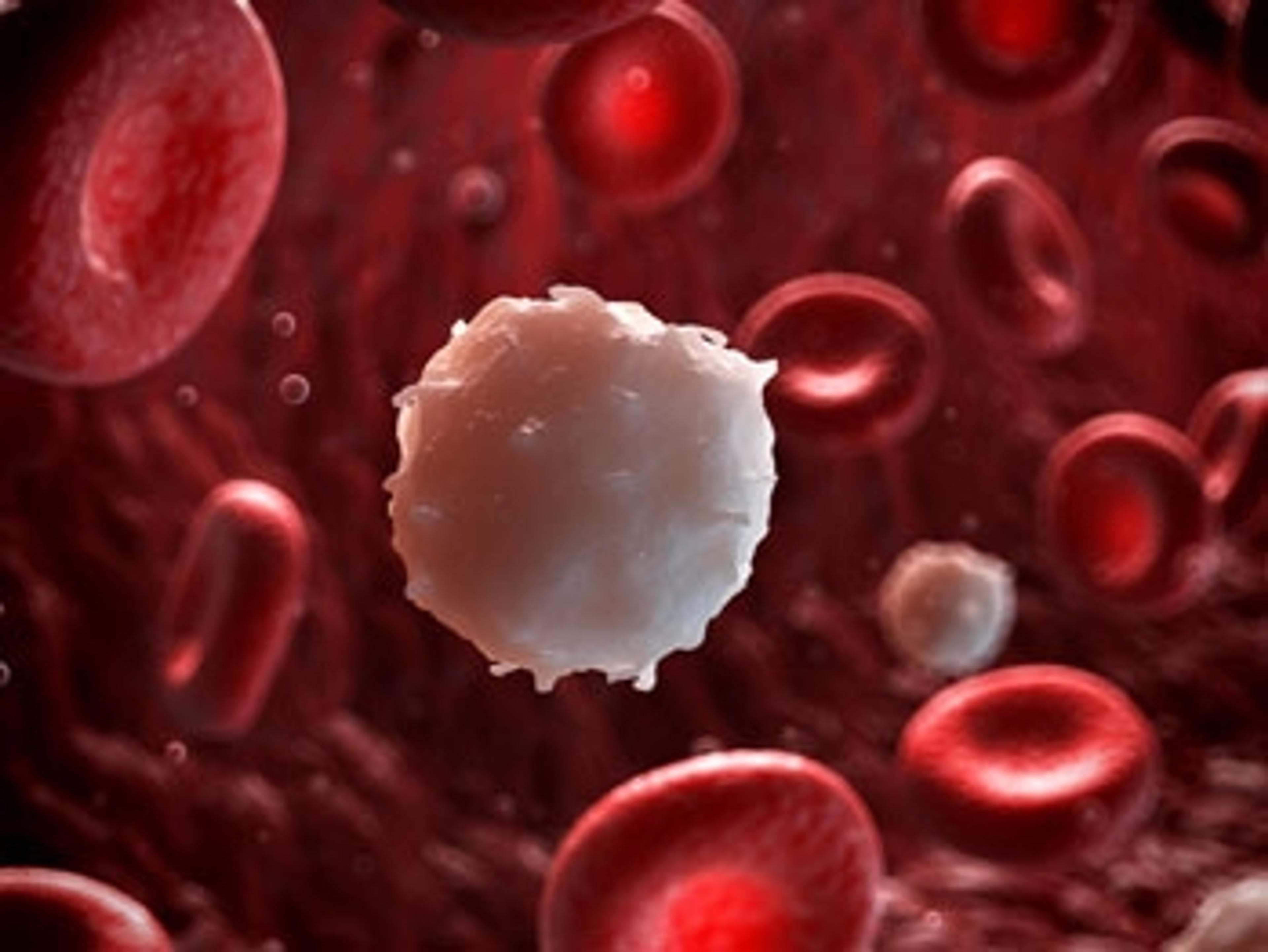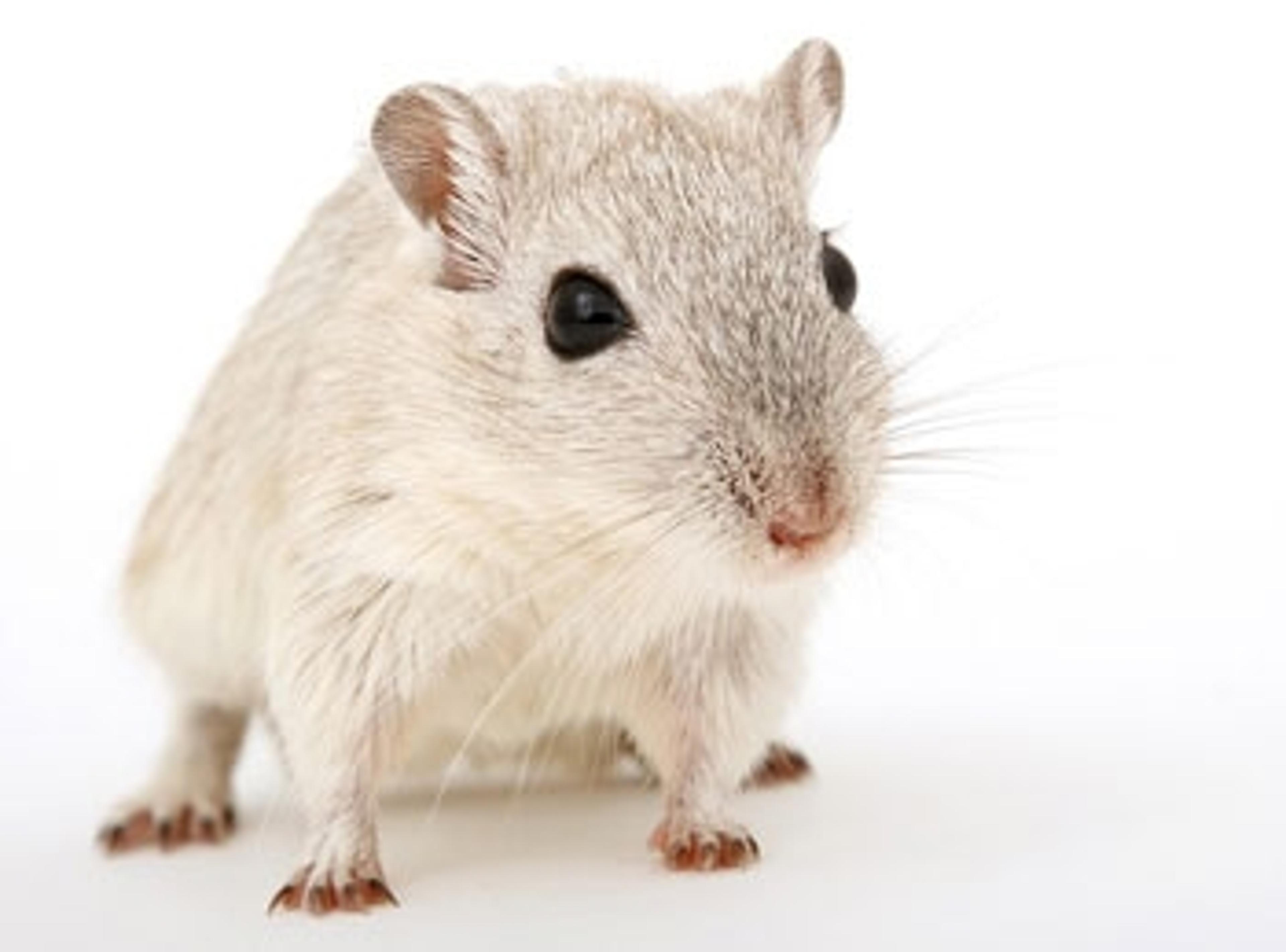News & Articles
Selected Filters:
New membrane technology to boost water purification and energy storage
New approach to ion exchange membrane design uses low-cost plastic membranes with hydrophilic pores
Digital sepsis monitoring system helps save lives and improves care
The introduction of a digital alert system to monitor patients with sepsis has led to a reduction in deaths and hospital stays
Researchers Build Artificial Cells That Sense and Respond to Their Environment
Imperial College London scientists have created artificial cells that mimic biological cells by responding to a chemical change in their surroundings
Steroid Treatment for Premature Babies Linked to Low Birth Weight
Steroid injections given to mothers at risk of giving birth prematurely are linked to babies being born with lower body weights
New Robotic Sensor Technology Can Diagnose Reproductive Health Problems in Real-Time
Researchers have developed new robotic sensor technology that has the capability to diagnose women’s reproductive health problems in real-time
Artificial Intelligence Increases Diagnostic Rates in Surviving Ovarian Cancer Patients
New machine learning software can forecast the survival rates and response to treatments of patients with ovarian cancer
New Method Reveals How Well Cancer Drugs Hit Their Targets
The findings could help clinicians decide the best course and delivery of treatment for cancer patients
New Link Found Between Alcohol, Genes and Heart Failure
Researchers investigate faulty versions of a gene called titin, carried by one in 100 people
Diabetes and Obesity Together Responsible for Nearly 800,000 Cancers Worldwide
Research results highlight the need for effective food policies to tackle obesity and diabetes
New Antibiotic Class Found to be Effective Against Gonorrhoea Could Help Curb ‘Superbug’ Trend
Closthioamide, discovered in 2010, might eventually offer an alternative for current drugs that are becoming less effective against gonorrhoea.
Gut Bacteria Helps Predict How the Body Responds to Fatty Foods
Chemical signatures from gut bacteria that show up in urine can be used to predict how the body will respond to a 'junk' diet.
Scientists Engineer Baker’s Yeast to Produce Penicillin Molecules
Scientists have inserted fungus genes into a yeast cell to make it produce penicillin molecules


